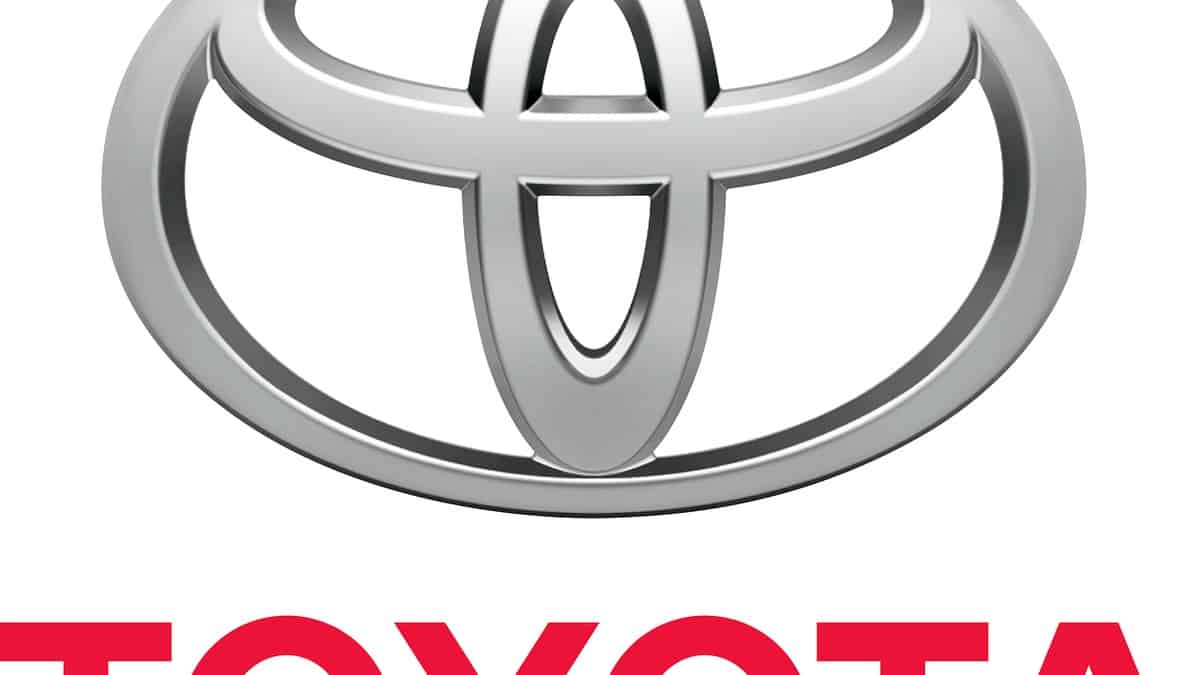Toyota announced a new partnership with Oncor Electric Delivery to explore the benefits of vehicle-to-grid (V2G) electric vehicle technology for drivers and the grid, according to Electrek.
Despite years of calling on against EVs, the automaker seems to have changed its stand over the last few months.
Seeing the success of electric vehicle leaders like Tesla and BYD hitting quarterly records in deliveries and demand, Toyota is weighing an overhaul of its EV strategy.
In October, Reuters suggested the company was taking note of Tesla’s dominance and was considering making a new dedicated electric vehicle platform.
Toyota’s electric vehicle lineup
Notably, Toyota’s EV strategy has far revolved around its bZ or “Beyond Zero,” which refers to its commitment to reaching carbon neutrality. The automaker’s first all-electric vehicle, the bZ4X, was unveiled in 2021 but was quickly recalled because of safety issues.
After showcasing its fifth-gen hybrid Prius, the manufacturer showed a glimpse into what its second all-electric vehicle could look like with the bZ Compact SUV Concept.
Meanwhile, the brand’s first battery electric vehicle, the Lexus RZ 450e, is set for sale in early 2023.
Despite this, the Japanese company has struggled to commit to all-electric vehicles. New reports show this might change soon, with Toyota anticipated to outline a new EV strategy to its suppliers in 2023.
Furthermore, Toyota is announcing a new V2G program, its first utility agreement for EV charging technology. Maybe, the world’s largest automaker is ready to adopt pure EVs.
Toyota explores EV technology with new V2G pilot
In a press release on Thursday, Toyota Motor North America unveiled a new V2G testing program with Oncor, the largest transmission and distribution utility company in Texas.
The program would focus on the benefits of V2G technology for consumers and the energy grid. The ability for EVs to send power to and from the vehicle’s battery to the grid has made them powerful backup energy choices.
We envision a future where Toyota BEVs provide a best-in-class mobility experience, but also can be utilized by our customer to power their homes, their communities or even power back the electric grid in times of need.
Christopher Yang, Group Vice President of Toyota EV Charging Solutions
Moreover, Toyota and Oncor would complete an initial research project at Oncor’s testing microgrid at its System Operating Services Facility (SOSF).
Notably, Oncor’s SOSF microgrid comprises four interlinked microgrids that could work as one or independently. Additionally, it includes battery storage, solar panels, and V2G charging technology for testing.
Although the article does not specify which electric vehicle, Toyota would use “a BEV” to better understand V2G technology and how EVs could be used to lower energy costs with utility companies.
In the second phase, the company would test the tech at homes and businesses starting in 2023.

